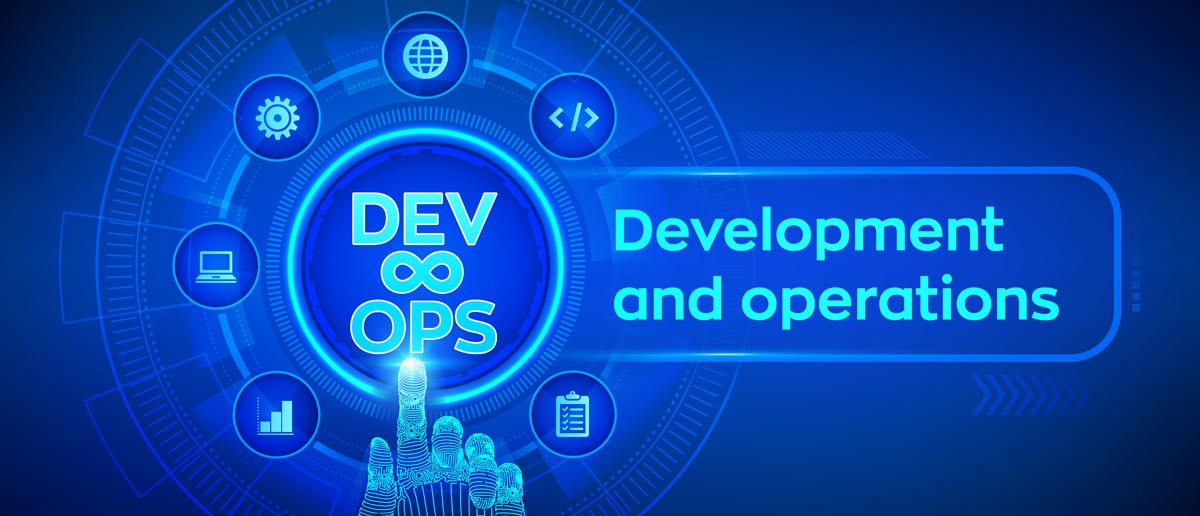DevOps tools are applications that combine software development processes and IT operations. DevOps tools aim to facilitate a smooth collaboration between development and IT teams, speed the procedures and provide a higher frequency of quality software and software updates. These tools help automate development processes such as the main build, deployment, and conflict management, eventually reducing manual efforts.
Here is a curated list of the top 5 DevOps tools and their features:
1. Jenkins
Jenkins is an open-source tool for automating processes. A self-contained automation server that allows you to automate tasks related to software development, testing, and deployment by using a set of tools. There is no doubt that it can act as a standard continuous integration server and it can easily be turned into a continuous delivery platform for any project.
Features:
- Built-in GUI tools- which makes it easier for frequent updates.
- Supports CI (Continuous Integration)/CD (Continuous delivery).
- Scaled up automation for multiple tasks and processes.
- Java-based program, compatible with multiple operating systems like Windows, UNIX, and Mac.
- Easy configuration through a web interface.
- Little maintenance needs.
- Increased concurrency by automating tasks for multiple machines simultaneously.
2. Docker
Docker is an open-source container platform, making the development processes easy and fast. It is a portable application development tool that centralizes the packaging, deployment, and running process of applications.
In Docker, OS-level virtualization is used to deliver the developed software in packages called containers. It makes it easier to develop applications, and deploy them anywhere. These containers are independent and don’t rely on other containers to run their applications. They have included system tools, libraries, and codes.
Features:
- Compatible with Windows, macOS, Linux, and also cloud services.
- Standardized packaging formats for diverse applications.
- Millions of certified container images to use.
- Easy to deploy and identify errors.
3. Git
Git is an open-source distributed version control system suitable for small and large projects. It has higher security as developers have complete access to the main server and can be easily downloaded. So, in case of the server crashes, you still have your backed-up data downloaded to your devices.
Features:
- Friendly interface and is easy to understand for beginners.
- Supports unmethodical and uncoordinate workflows and development processes.
- Easy access to the full backup from the main server.
- Git operates locally rather than constantly communicating with a server. It is faster compared to other centralized systems.
4. Ansible
Ansible is used for application deployment, configuration, and management of the servers. It is an open-source configuration management tool. The purpose of Ansible is to make IT automation accessible and eliminate repetitive tasks.
Features:
- Easy to install and configure.
- Broad capabilities and tools across the cloud ecosystem.
- Works with the existing security infrastructures.
5. Kubernetes
Kubernetes is a free and open-source DevOps tool. This allows for the deployment and management of applications anywhere through containers. It provides a framework to run distributed systems and eventually automate the process through thousands of containers and their applications.
Features:
- Compatible and automated connectivity with the storage systems you prefer.
- An automated restart of containers for fixing errors.
Final Words
There are many other DevOps tools with available features that serves many purposes. Ensure you choose the correct tool for your business and operations, that would eliminate some manual effort and enhance the efficiency of your applications.

